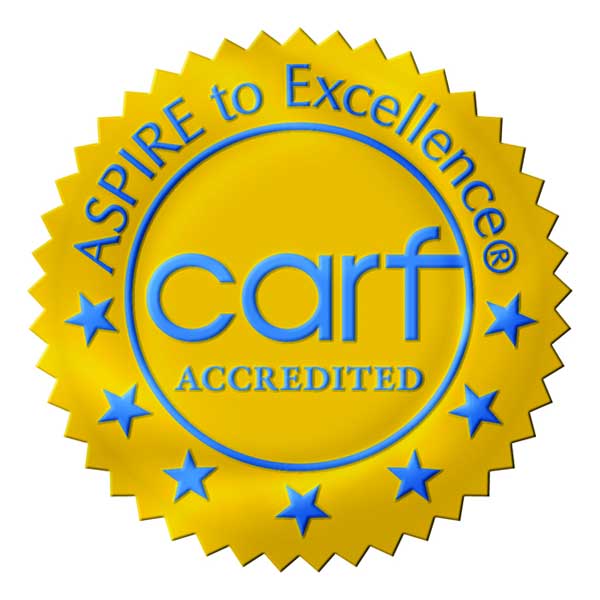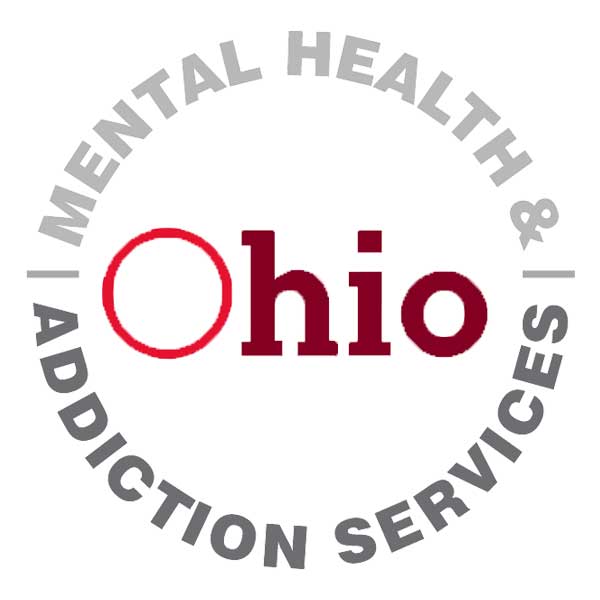RECOVERY STARTS HERE!
513.792.1272
Support
Frequently Asked Questions
Frequently Asked Questions
Caregivers who are considering treatment for a loved one often have many questions.
Below are some of the most common questions we hear from parents and clients. Click on the questions to reveal answers below. If you have any further questions, please feel free to call us at 513-792-1272.
How does ASAP determine if intensive outpatient (IOP) treatment is necessary?
ASAP follows strict medical standards using:
DSM-5 diagnostic criteria (diagnostic manual used by medical professionals)
ASAM criteria for appropriate level of care
Evidence-based assessment tools
Just as your family doctor uses specific tests to understand your health, we use proven medical criteria to guide your loved one toward the most effective treatment path through our supportive group programs.
Why is intensive group therapy often the right choice for treating substance abuse and mental health issues?
At 9 hours of weekly treatment, our intensive group therapy offers more comprehensive care than traditional outpatient therapy through:
Peer Learning & Support
Learn from others who understand similar challenges
Practice new coping skills in a supportive environment
Receive authentic feedback from peers and therapists
Intensive Level of Care
More frequent therapeutic contact than weekly sessions
Structured environment for meaningful change
Adjustable support based on individual progress
What if I'm unsure about the treatment recommendation or have doubts about how serious the situation is?
It’s natural to have questions or concerns about treatment recommendations – whether you’re a young adult considering treatment or a parent processing this information about your teen. Here’s what helps people feel confident in our recommendations:
Our Assessment Approach:
Multiple evaluation tools following established medical and mental health standards
Experienced clinicians who understand teen and young adult challenges
Evidence-based recommendations based on national criteria
Navigating Treatment Decisions:
While substance use may seem common among peers, we provide context using clinical data and research
Our IOP’s time investment now can prevent the need for more intensive treatment later
Next Steps:
Schedule a follow-up discussion with your assessment clinician
Get detailed explanations of our diagnostic criteria and recommendations
Explore treatment options that fit your situation
What can I do if my teen or young adult refuses treatment?
When someone strongly refuses treatment, it’s often a sign of underlying issues – a power struggle for teens, or intense denial for young adults. This resistance is actually quite common and expected in the treatment process. Most individuals have tried to change their behavior independently without success. Their refusal often stems from a fear of change and letting go of familiar patterns, even when those patterns are harmful.
Your Role as Parent:
For Teens (Ages 12-17):
Some decisions must be made for your teen’s wellbeing
Short-term conflict may prevent long-term harm
You have the authority to require treatment
Making tough choices is part of protecting your teen
For Young Adults (Ages 18-26):
Your role shifts over time to encouraging rather than requiring
Share program information and the benefits you see
Help them reflect on how the presenting issue affects their life
Connect treatment to their personal goals and values
Offer partnership and attend support meetings (e.g., Nar-Anon, NAMI)
How ASAP Can Help:
We specialize in working with resistant clients of all ages
Our team provides individualized engagement strategies
Treatment planning and updates can be shared with authorized family and support members
Remember: Initial resistance doesn’t predict treatment outcomes. Research shows that treatment can be successful regardless of whether participation is self-motivated, court-mandated, or parent-encouraged.
Will treatment work if someone is not eager to participate?
Good news: Research shows that treatment can be successful regardless of a client’s initial attitude. Here’s what you should know:
Treatment Success Factors:
Initial resistance is normal and expected
Treatment success does not depend on being ready
Most clients develop increased willingness as treatment progresses
Success rates are similar whether participants are self-referred, parent-encouraged, or required to participate
ASAP’s Approach:
Specialized strategies for engaging resistant clients
Focus on building motivation through treatment
Collaboration with family and support systems with releases
Alternative options if our program isn’t the right fit
We frequently hear graduates say: “I didn’t want to come here at first, but it really did help me way more than I thought it would.”
Do clients negatively impact each other when they are in group therapy?
Research shows group therapy does not increase negative behaviors. Here’s how we maintain a safe, therapeutic environment:
Professional Structure:
Experienced clinicians facilitate all group sessions
Clear guidelines for appropriate discussions
Individual sessions/pull outs available for sensitive issues
Focus on positive peer support and coping skills
Program Safeguards:
Structured group discussions in all programs
Evidence-based treatment strategies
Professional supervision of all interactions
The Reality:
Clients are working toward positive change
Group settings provide healthy peer modeling
Focus remains on developing coping strategies
Benefits of peer support outweigh potential risks
Is there any way to reduce the schedule?
Recovery requires a significant commitment, much like treating any serious health condition. While this commitment can be challenging to balance with other responsibilities, ASAP offers scheduling options to help make treatment manageable.
Understanding the Commitment:
Our IOP programs require 9 hours of weekly therapeutic support
ASAP can help fill out Family Medical Leave Act paperwork for work excuses
Individual sessions can be arranged flexibly, with telehealth options when appropriate
The Value of Full Participation
The 9-hour weekly schedule in our IOP programs follows national treatment standards and insurance requirements, reflecting years of research on what works best for recovery. Each session builds upon previous ones, creating a comprehensive treatment experience that maximizes success. Group dynamics and peer support develop through consistent attendance.
Managing Absences
Illness and pre-planned vacations can be accommodated with notice
Staff helps make up missed content when absences are unavoidable
Should we pursue treatment if my teen is approaching or just became an adult?
The need for treatment isn’t diminished by a birthday. Just as you wouldn’t ignore a physical illness because your teen is turning 18, mental health and substance use issues require attention regardless of age. Research shows that the brain continues developing well into the mid-20s, making this a crucial time for intervention and support.
Understanding Treatment Options:
Teen programs successfully serve clients through age 19
PIVOT is for young adults (18-26) with substance use concerns
Treatment can begin in one program and transition if needed
All programs maintain high clinical standards and are based in principles of evidence-based care
Understanding Your Role:
Your influence remains important even after adulthood
Parent involvement improves outcomes at any age
The Reality of Recovery:
88% of our patients report significant symptom reduction
95% of families report improved relationships
Treatment success rates are similar regardless of age
Most clients develop increased willingness to participate as treatment progresses
SUCCESS STORIES
CALL US AT
513.792.1272
OR
Request a call from an ASAP professional






